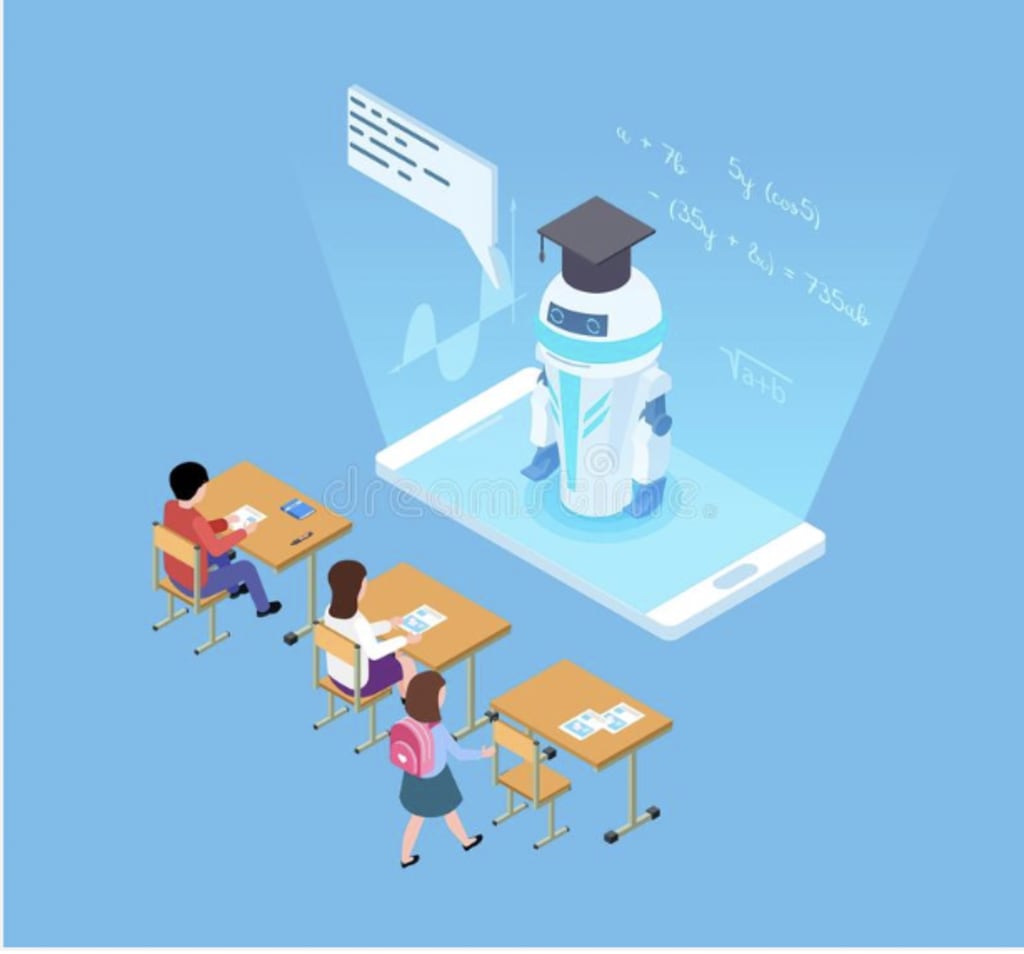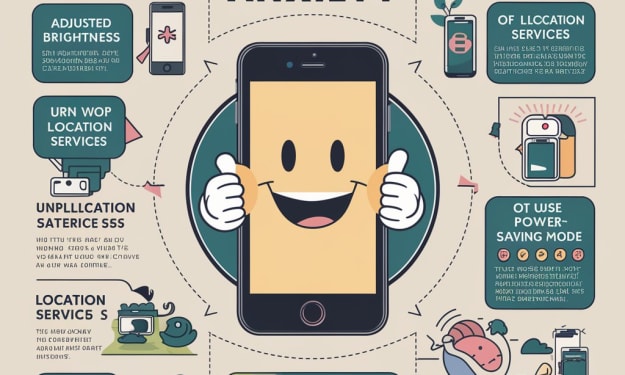Artificial Intelligence Improving Education
The education sector has begun to leverage AI technology to create significant improvements in learning experiences.

Artificial Intelligence (AI) has become a pervasive technology in our daily lives and is being integrated into several fields such as healthcare, finance, and education. The education sector has begun to leverage AI technology to create significant improvements in learning experiences. AI has the potential to revolutionize education in terms of personalization, efficiency, and engagement. In this article, we will explore how AI can improve education.
Personalization
One of the significant advantages of AI integration in education is the ability to personalize the learning experience for students. AI can analyze individual student's academic histories, assess their learning styles, and identify patterns that can help teachers design specific lessons that cater to the students' individual needs. AI algorithms can gather and process data on academic performance, attendance, and progress to create personalized learning paths. This customization of education has been called adaptive learning, and it's made possible with algorithms that adapt and adjust the curriculum to the student's levels and pace.
Personalized learning allows students to learn at their own pace and make the most of their learning time. It also makes it easier for educators to provide support and guidance, ensuring that students get the most out of their learning experience. AI algorithms can identify learning gaps, and targeted remedial measures can help ensure that students master key concepts.
Efficiency
AI is also being used to improve administrative tasks, such as billing, scheduling, and record-keeping in educational institutions. AI technology streamlines these processes, enabling administrators to focus on more important tasks, such as curriculum design and teaching.
AI-powered assessment is another area of educational efficiency. Automated assessment methods are faster and more accurate than traditional assessment methods, reducing the need for manual grading and feedback. AI-powered assessment ensures that students receive immediate feedback and can learn from their mistakes quickly. It also allows teachers to focus on areas that need improvement and customize feedback for individual students.
AI can also help automate class attendance through facial recognition technology, removing the need for manual checking. AI algorithms can also be used to monitor student behavior and identify potential disengagement or distress factors that educators can then address proactively.
Engagement
AI-powered tools and technologies promote a more engaging learning experience by allowing students to interact with educational content in immersive and interactive ways. AI-powered chatbots or virtual assistants can assist students in getting answers to their questions, providing on-demand tutoring and guidance. Chatbots can mimic human interaction, making the learning process more engaging and familiar to students, which can lead to greater participation and motivation.
Furthermore, AI-powered content can be tailored to the interests, hobbies, and personal preferences of the student, making learning more enjoyable, immersive, and engaging. For instance, gamification techniques can be used to create interactive games that mimic real-world scenarios, promoting the development of problem-solving skills and decision-making abilities.
Conclusion
Overall, AI has the potential to revolutionize the education sector by creating a more personalized, efficient, and engaging learning experience for students. AI technology represents an exciting opportunity for educators to create a customized curriculum that caters to the individual needs of each student. AI-powered educational tools can also improve the efficiency of administrative tasks and promote more interactive and engaging learning experiences.
However, as with any technology, there are potential drawbacks and risks associated with AI integration in education. Concerns have been raised over issues such as data privacy, bias, and the replacement of human teachers with chatbots or virtual assistants. Therefore, it is essential to approach AI integration in education with a comprehensive and responsible approach that addresses any potential risks and maximizes the benefits.
In conclusion, AI integration in education has the potential to create significant improvements in the education sector. With careful and responsible implementation, AI can advance the personalized, efficient, and engaging learning outcomes for students.





Comments
There are no comments for this story
Be the first to respond and start the conversation.